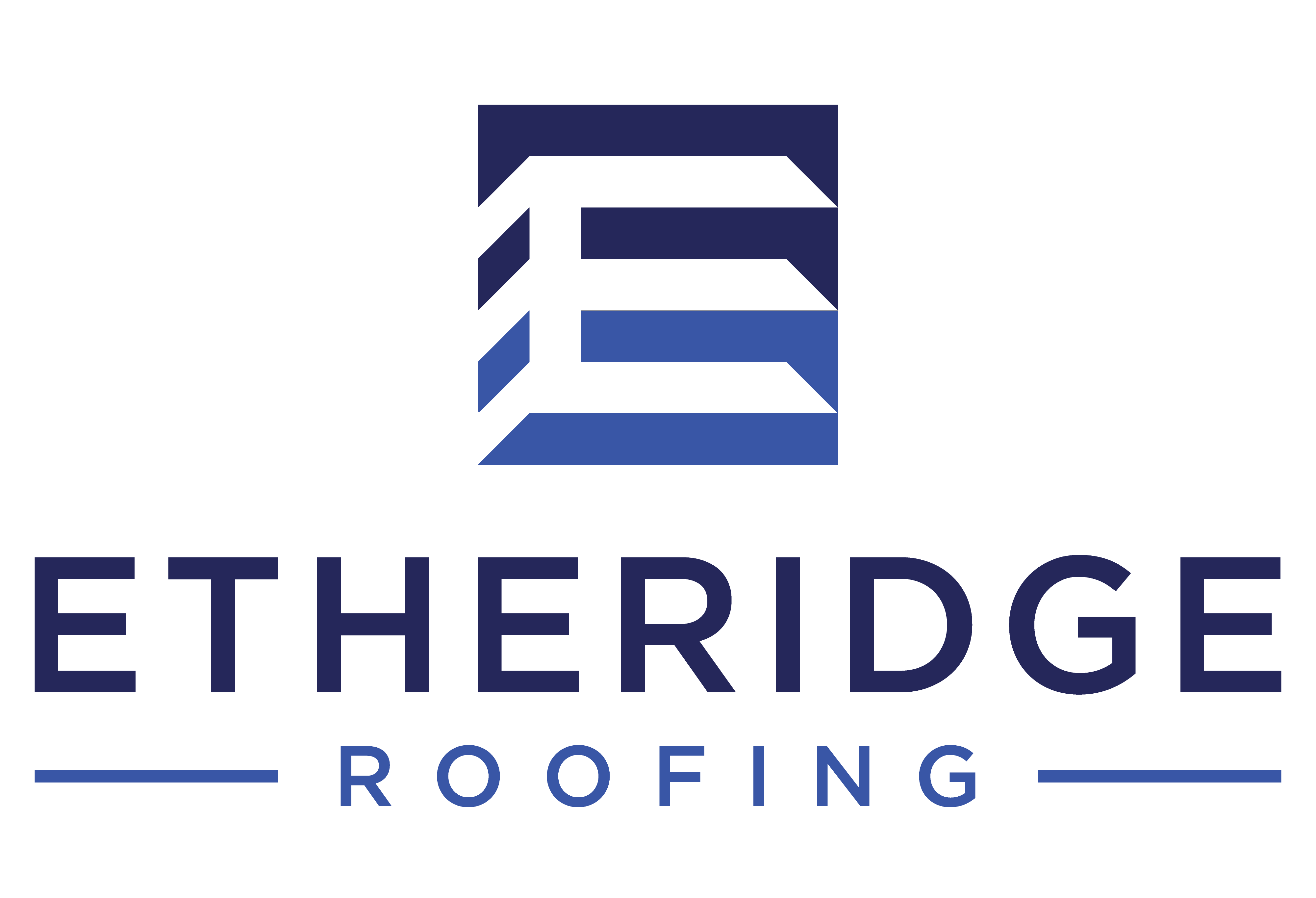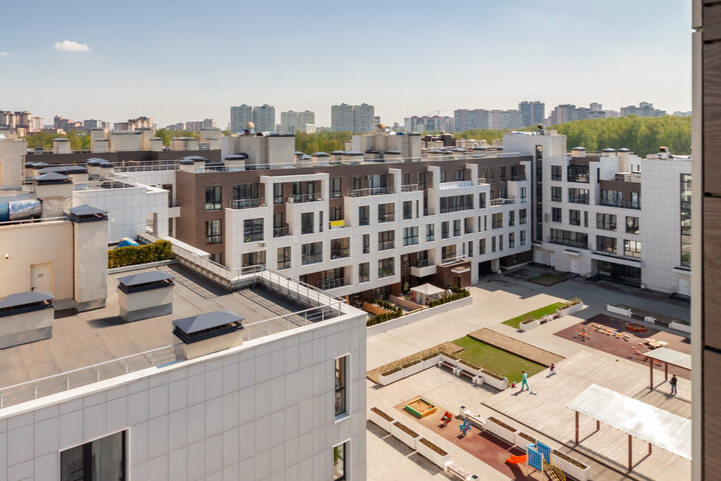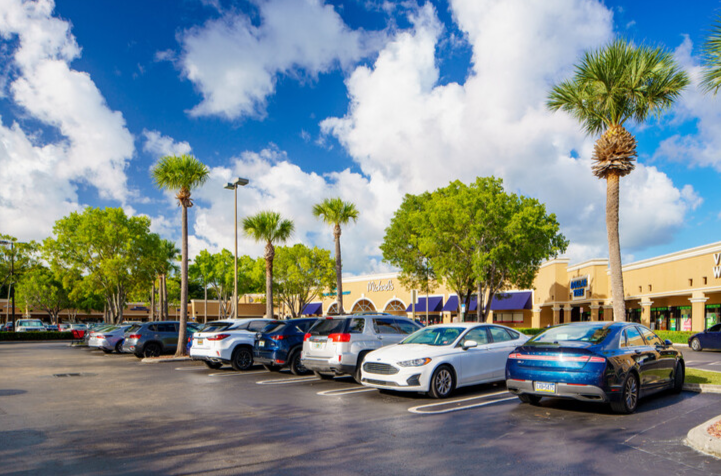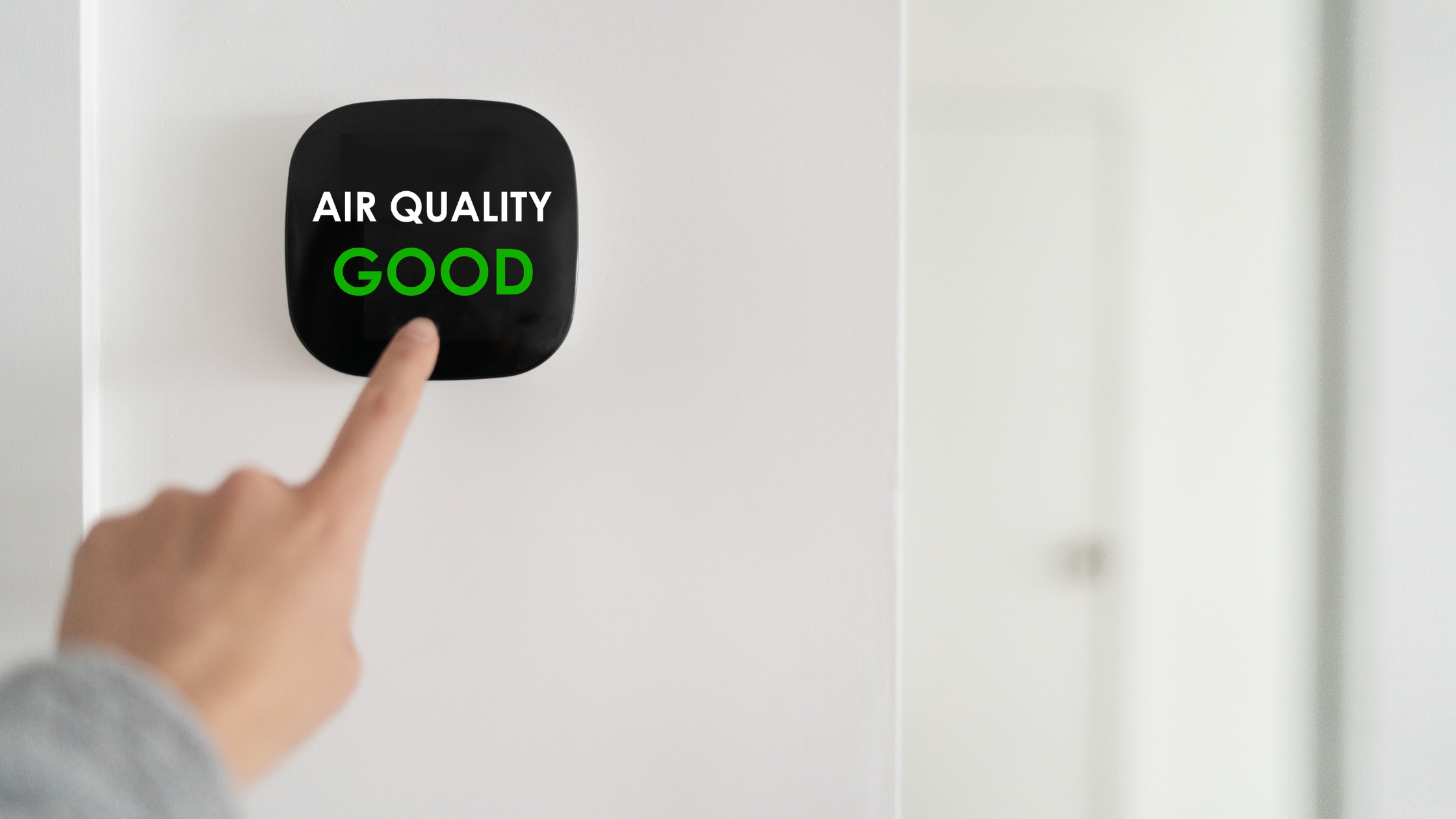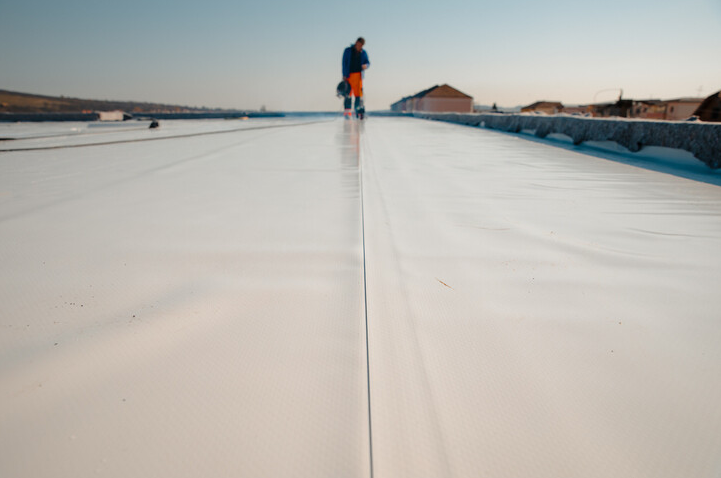What to consider when selecting a roof for your school building
When selecting commercial flat roofing for school buildings, there are several important considerations to keep in mind. Commercial flat roofing requires expertise and experience when it comes to installation and maintenance, and it is important to choose a reliable and experienced commercial roofing company. From energy efficiency to durability and lifespan, it is essential to weigh all the pros and cons of the various types of commercial flat roofing materials available to ensure the best possible result for the school building. In this blog post, we will explore the essential considerations when selecting commercial flat roofing for school buildings in North Carolina.
What is the building's use?

As a responsible society, it's our duty to ensure our schools are safe and secure for our children. One of the most critical factors in providing a safe environment is selecting the right roofing for the building. The roof is the first line of defense against any external elements, and it plays a significant role in maintaining a comfortable learning atmosphere.
When selecting a commercial flat roof for a school, it's important to consider the building's use. The school is a busy place, with students, teachers, and staff coming in and out daily. A durable and reliable roof is essential to withstand the constant traffic and activities taking place.
Furthermore, the roof's design must also cater to the building's usage. A school may require features such as skylights or roof gardens for better lighting and ventilation. These factors can influence the roofing options available and must be taken into consideration before making any decisions.
Ultimately, the roof's function in a school goes beyond just protection from the elements. It's an essential aspect of ensuring the building's long-term sustainability and comfort for the occupants. Choosing the right commercial flat roof for a school building requires careful consideration of all these factors and more.
What is the climate like in the building's location?
In North Carolina, the climate can be hot and humid in the summer months, while winters can bring snow and freezing temperatures. These extreme weather conditions can have a significant impact on the lifespan and durability of a school's roof.
For example, a roofing material that is suitable for a dry and hot climate may not be ideal for a location that experiences heavy rain or snowfall. Therefore, it's important to choose a roofing material that is capable of withstanding the climate conditions in North Carolina.
One popular roofing material that is suitable for North Carolina's climate is EPDM. This synthetic rubber material is durable, weather-resistant, and can withstand extreme temperatures and humidity. It's also highly resistant to UV rays, which is essential for a region that experiences hot and sunny summers.
Another option to consider is TPO, a single-ply roofing membrane that is highly reflective, making it an ideal choice for reducing energy costs in warm climates. TPO is also highly resistant to water, punctures, and tears, which makes it suitable for areas that experience heavy rainfall.
Ultimately, the choice of roofing material will depend on the specific needs of the school building. A professional roofing contractor can provide advice on the most suitable materials based on the location, climate, and building use.
What type of insulation is required?
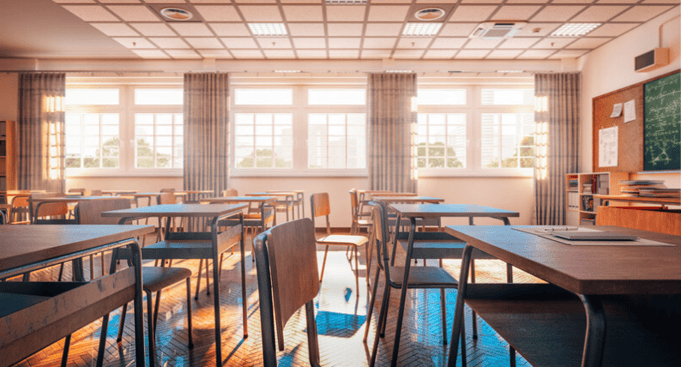
Insulation is a crucial component in any roofing system, as it helps regulate the temperature and reduces energy costs.
In North Carolina, the climate is typically humid and subtropical, with hot summers and mild winters. As a result, schools need proper insulation to ensure a comfortable and healthy indoor environment for students and teachers.
One option for insulation is a foam board, which is a rigid insulation that can be installed on top of the roofing deck. Foam board is durable and resistant to moisture, making it an excellent choice for humid climates like North Carolina.
Another option is sprayed-in-place foam, which is sprayed directly onto the roof deck. This type of insulation provides a seamless barrier against moisture, drafts, and heat loss. However, it is important to note that sprayed-in-place foam insulation requires professional installation and should only be installed by experienced contractors.
When selecting insulation for your school's flat roofing system, it is important to consider the R-value, which measures the insulation's ability to resist heat flow. Higher R-values indicate better insulation properties and better energy efficiency.
Consulting with a professional roofing contractor can help you select the right insulation material and installation method to meet your school's needs.
What type of drainage system is required?
Proper drainage is crucial in preventing water damage to the roof and the building's structure, ensuring the safety and comfort of the students and staff inside.
There are several types of drainage systems available for flat roofs, including internal, external, and hybrid systems. Internal drainage systems involve incorporating gutters and downspouts within the roof structure, directing water to the building's drainage system. External drainage systems involve installing gutters and downspouts on the building's exterior, collecting water from the roof and directing it away from the building's foundation. Hybrid drainage systems are a combination of both internal and external systems.
When choosing the right drainage system for a school building, several factors must be considered, such as the building's design, size, and location. For instance, if the school building is situated in an area with heavy rainfall, an external drainage system may be more suitable, whereas an internal system may be ideal for a building located in an area with a moderate climate.
It's essential to ensure that the selected drainage system is well-designed and installed correctly to prevent clogs and leaks, which can cause significant water damage to the roof and the building's structure. Regular maintenance, such as removing debris and cleaning gutters, is also critical in keeping the drainage system in good working condition and prolonging the roof's lifespan.
What type of maintenance is required?
After choosing the right commercial flat roofing for your school building in North Carolina, it is important to consider the type of maintenance required to keep it in top condition. Regular maintenance can help prolong the life of your roof and prevent any costly repairs or replacements. Here are some important maintenance considerations for flat roofs:
1. Inspections: Regular inspections of your roof can help detect any early signs of damage or leaks. This can be done twice a year or after any severe weather events.
2. Cleaning: Dirt and debris can accumulate on your roof, which can lead to damage over time. Regular cleaning can help prevent this and keep your roof looking its best.
3. Repairs: If any damage or leaks are detected during inspections, it is important to address them immediately. Prompt repairs can prevent any further damage and extend the life of your roof.
4. Drainage: Keeping your drainage system clear of debris and blockages is crucial for preventing water buildup and potential leaks. Make sure to have your drainage system checked and cleaned regularly.
5. Professional help: It is always best to seek the help of a professional when it comes to maintaining your commercial flat roof. A professional roofing contractor can provide regular inspections, cleaning, and repairs, as well as advice on any necessary upgrades or replacements.
By keeping these maintenance considerations in mind, you can ensure your commercial flat roof for your school building in North Carolina is well-maintained and provides long-lasting protection for many years to come.
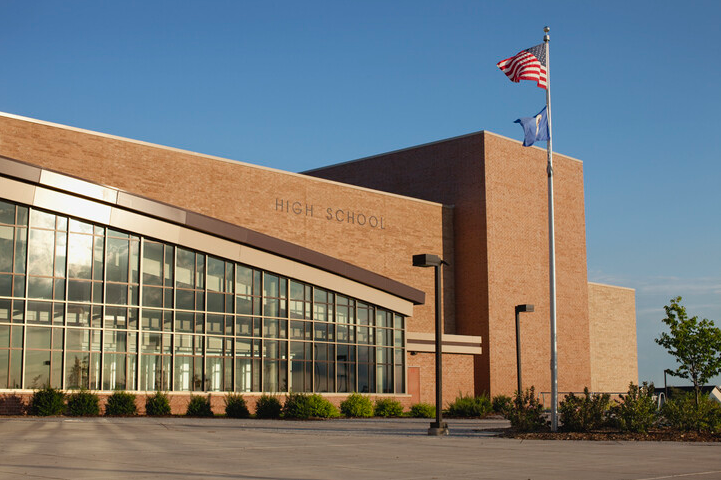
With careful consideration, selecting the right commercial flat roofing can provide a long-lasting, durable, and safe solution for any school building.
Posts by Tag
Recent Posts
Popular Posts
Have you ever wondered what goes into a commercial
As a property manager, you know that maintaining...
When choosing the best commercial flat roof for...
Recent Posts
The connection between the quality of our...
Selecting the appropriate roofing system is...
